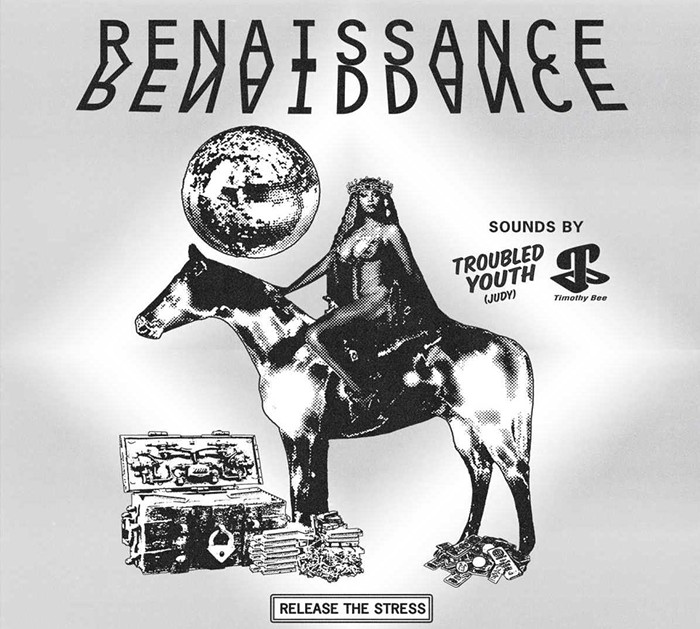As a teenager, Alela Diane earned straight A's, did not drink, and refused to pick up a guitar. Completely unremarkable accomplishments on their own, but for Diane, these were deliberate and brazen acts of pure adolescent mutiny.
"That was me rebelling," explains Diane. "It's pretty funny, it was the opposite of what most kids are doing. But at school you feel weird and self-conscious about having hippie parents." She adds, "I would strive to do really well, so that I would be more successful than my parents, and so I could have a regular job." But Diane's role as a square, and possible future Young Republican, was not meant to be: "At a certain point, I just embraced it."
This embrace allowed for the delicate-voiced Diane to include her father, Tom Menig, as a key component on her latest and most spectacular work to date, To Be Still. Early in the recording process Diane packed up and fled Portland for the slower pace of her hometown of Nevada City, California. There, she settled in her father's studio and assembled the gorgeous backbone for a record of shimmering rural folk, rustic melodies, and a singing voice that reaches levels of pure vocal beauty and sorrow seldom experienced since the days of the late Karen Dalton.
And while dad's previous work for a Grateful Dead tribute band—the DeadBeats ("The best Grateful Dead cover band I've ever heard!"—Mickey Hart)—might not be the ideal fit for the pastoral hymns of Diane, it was the comfort that she was seeking. "He's super easy to work with and so laidback," she explains. In the creation of To Be Still, Diane was joined by a mixed bag of professional musicians—folk singer Mariee Sioux and Nina Gerber, the former guitarist for '70s-'80s folk icon Kate Wolf—plus her aforementioned father on guitar ("My dad totally shreds"), her boyfriend on bass, and even a former childhood violin instructor on strings.
Her recording technique is refreshingly simple, eschewing the use of hired guns that might be expected to appear on a debut recording for a large label (last year Diane migrated from Holocene Music to Rough Trade for To Be Still): "It just felt more comfortable than trying to take it to the big time, and hiring 'proper' musicians."
The unorthodox assembly of friends first, musicians second gives To Be Still a natural comfort, an organic and hospitable collection of warm songs that are inviting and deeply personal. As always, the centerpiece is Diane's gentle vocal delivery: a radiant, yet vulnerable croon with a timeless grace that permeates the recording. This is best experienced in the album's title track, as she confidently sings, "I won't drag my feet in whatever dirt you track in." And later, on the wistful "The Alder Trees," Diane longingly describes, "...the ladies who weren't allowed to sing/Sewing all their pretty rows of thread instead of seed." As in both of these songs, and throughout the album as a whole, nature plays a major role. When Diane lovingly describes her idyllic surroundings, or "a maze of children's feet in orchard trees," you can credit her hippie upbringing, and a natural demeanor that respectfully harkens to the back-to-the-land movement forever anchored to the core of so much influential '60s folk music. A true product of her environment, Diane's delicate music expands on a dusty folk past, building toward an unseen future. And to assemble your art with such simultaneous comfort and risk is something any father would be proud of.



















